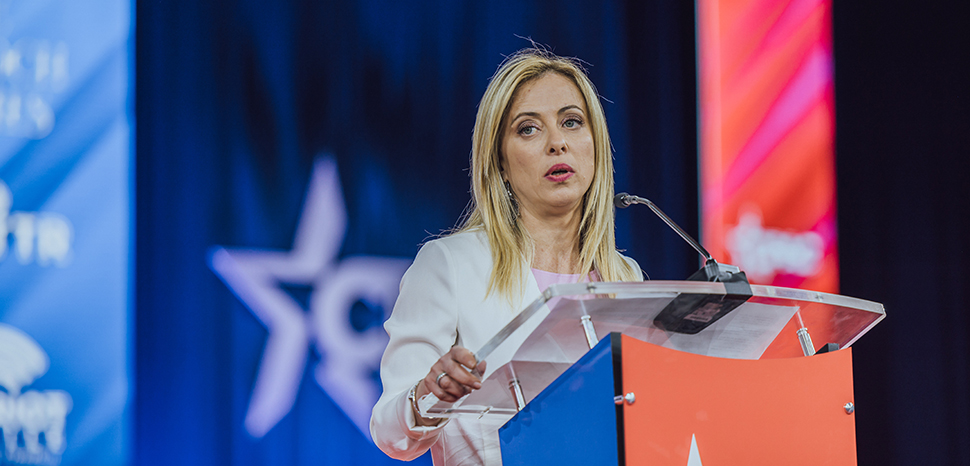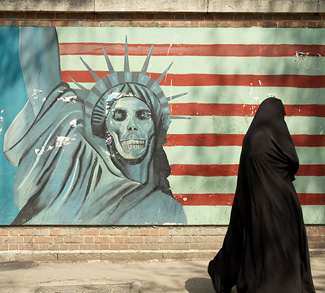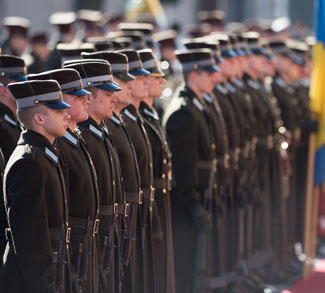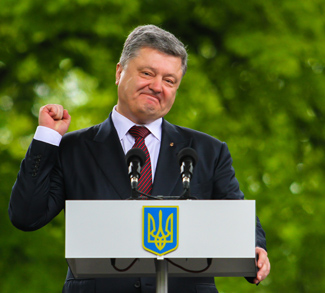The 26th of September was a big day for Italy, as it marked the first real political election since the 2011 “commissioning” of Italian politics. And for the first time in years, the newly-elected government has a clear, coherent majority, which suggests it will be more stable than its predecessors. L’onorevole Giorgia Meloni will be Italy’s new prime minister, since her party, Fratelli d’Italia (FdI) gained the most votes within a coalition that includes Matteo Salvini’s Lega and Berlusconi’s Forza Italia.
The rise to power of Giorgia Meloni has generated some international concern, since it is clear from her personal and political history that FdI’s leader has not always agreed with EU and NATO policies; of course, this is relevant when considering the complex geopolitical theatre Italy is called on to traverse. But some concern also stemmed from her two main coalition partners, former prime minister Silvio Berlusconi and Matteo Salvini. Berlusconi has made no secret of his friendship with Vladimir Putin, to the point of saying, in a declaration that left many shocked, that “Putin just wanted to put good people in charge in Ukraine.” Salvini on the other hand continues to pay the price from a scandal that emerged in 2019 where suspicious funding operations allegedly tied Lega members with politically-connected Russian businessmen.
The international relevance of the Italian elections was highlighted a few days before the actual vote when US intelligence released a document suggesting that some European parties had, in the past, been partially funded by Putin’s Russia. The fact that this intelligence document – concerning an investigation begun in 2014 – was released so close to the elections is not surprising, given the various precedents mentioned above tying Italian right-wing politics to the Kremlin. Indirectly, it showed Washington’s interest in encouraging Italian public opinion in a certain direction, if not directly piloting it. But without considering the large number of abstentions (one in three Italians did not vote), Giorgia Meloni was nevertheless elected democratically. At the time of her election, US Secretary of State Anthony Blinken released a tweet in which he composed a programmatic list of the objectives of Italian geopolitics. Or rather, what the United States expects the political strategy of Italy to be considering the fundamental strategic role that Italy plays within NATO owing to its position in the Mediterranean and its part in upholding US positions surrounding the war in Ukraine.
What the United States needs more than anything else right now is a Europe that is united and cohesive and, above all, coherent within itself. The European structure must be able to strengthen itself autonomously, given the increasingly evident departure of the Americans from the European game. The United States is currently focusing, or planning to focus more in the future, on Xi Jinping’s China – a China that, given recent developments just before the Communist Party Congress, does not seem to be in an optimal strategic and geopolitical position. Moreover, this compromised position also stems from China’s failure to find common ground in the Samarkand meeting with Putin, where the two countries’ “indissoluble friendship” evidently came into conflict.
Blinken, in the tweet mentioned above, talked not only of Ukraine but also of the need to respect human rights, which, in different words, is nothing more than a policy of opposition to China – in American eyes, at least. Italy’s geopolitical weight, however, is not related only to its military, strategic, and economic support for Ukraine nor its indirect support for China, but also its position in the Mediterranean Sea. This central position makes it a potential victim, target, or regulating power in the Mediterranean region, and all the more so considering the latest developments concerning the growing presence of Russian ships in the area.
Giorgia Meloni will have to face each of these challenges, and to do so she will need the support of the EU and Italy’s older allies: Germany and France. But the EU’s support and its consideration of Meloni’s Italy is yet another geopolitical point of relevance. EU members are skeptical and with good reason. Meloni and her party have traditionally leaned towards anti-Europeanist and anti-NATO positions, as mentioned above. In general, she can be considered a nationalist by the likes of Viktor Orban, the prime minister of Hungary, with whom Meloni maintains friendly relations and is not without critics from the EU. But while Hungary can, alone, afford to be an ambiguous ally to NATO, as it seems to be doing under Orban’s foreign policy, Italy cannot afford to follow suit, and, likely, the Americans will not allow it. As news of the Italian result spread, France’s prime minister expressed a fear that is likely pervasive across EU capitals right now: that Italy will become a conservative country, or even a far-right or fascist one. And while France’s declaration addressed human rights and their protection, it is not hard to read between the lines and see the EU’s preoccupation with what will become of Italy in the wider geopolitical context as well.
In conclusion, it must be noted that Meloni has already backtracked on some of her most radical ideas, and seems to now agree with NATO policies, even if some rift is still open with regard to the EU. FdI’s leader probably knows that subtracting Italy from NATO’s influence would mean putting it in danger, since both Russia and China would try to recruit it against the U.S. given its strategic geographical position and role within the EU.
The future that awaits Italy is going to be complex, both for the parties in charge and their adversaries, as well as for the EU and NATO. But at least from the latter perspective, the view remains positive, with even the far-right member of Italy’s new government seemingly on board with Washington’s agenda for Ukraine, China, and the wider Mediterranean.




